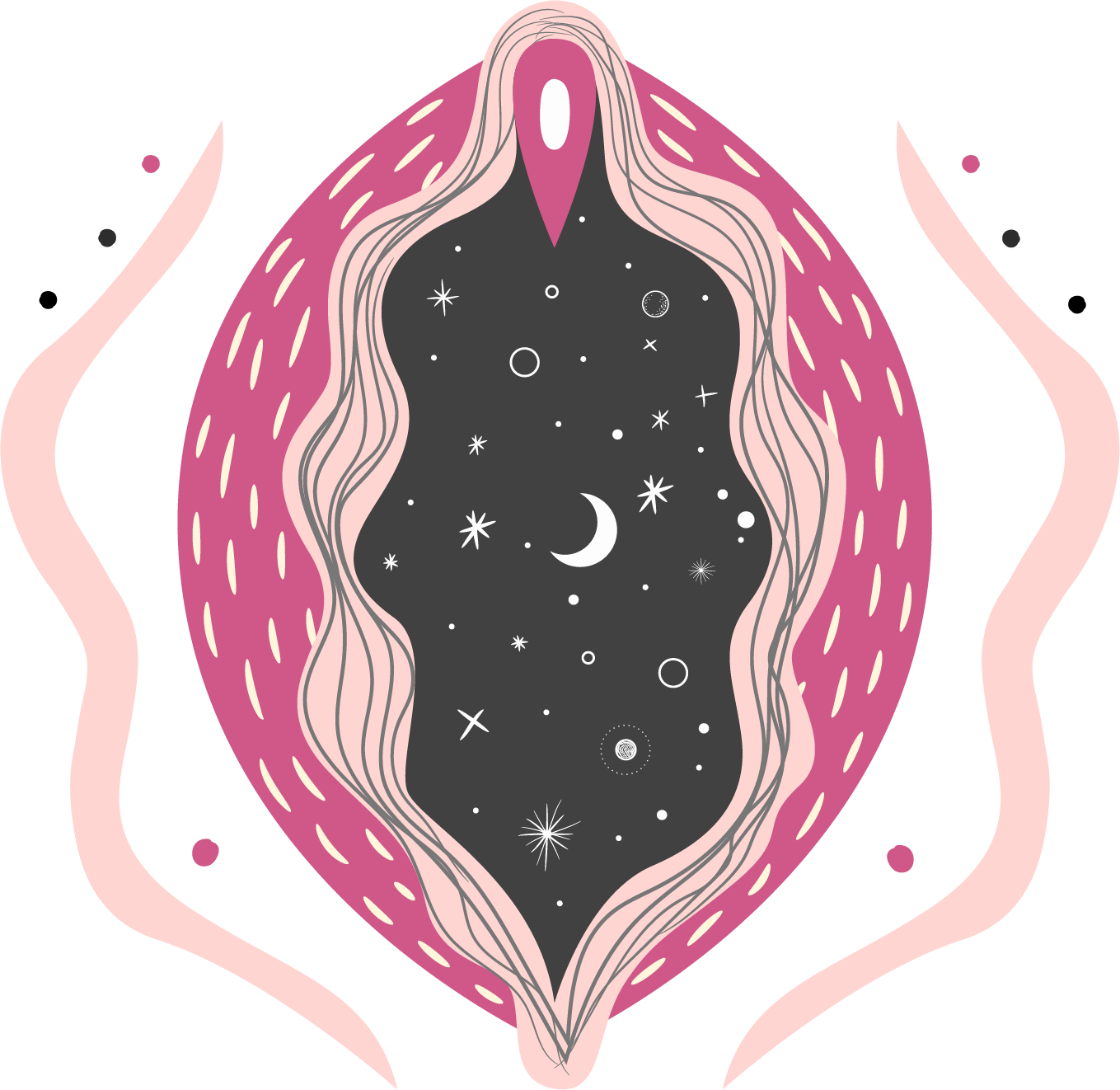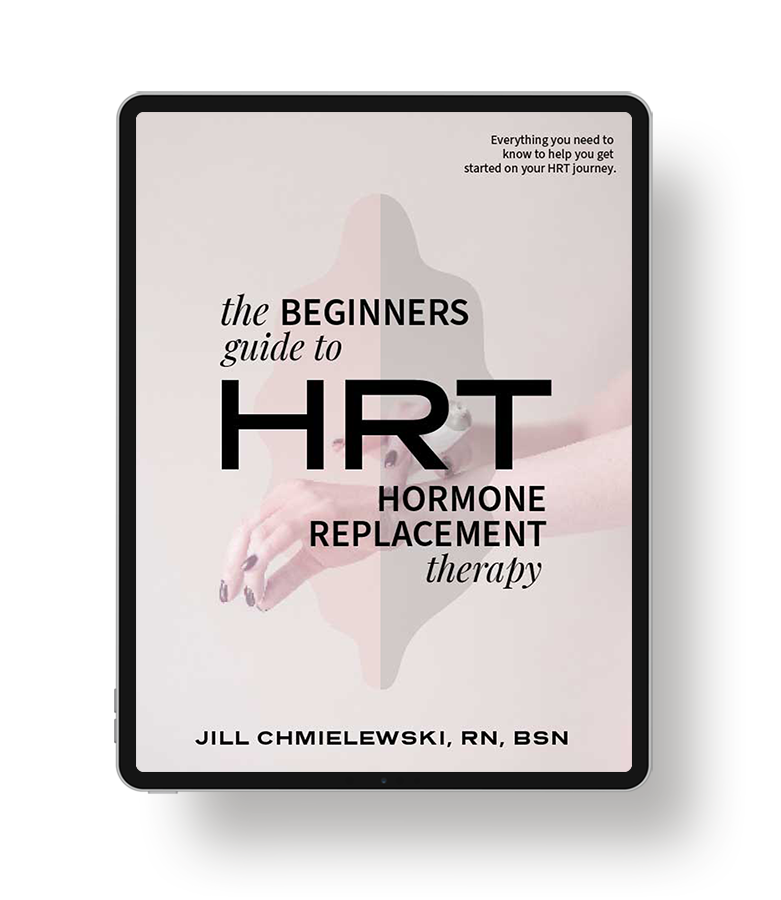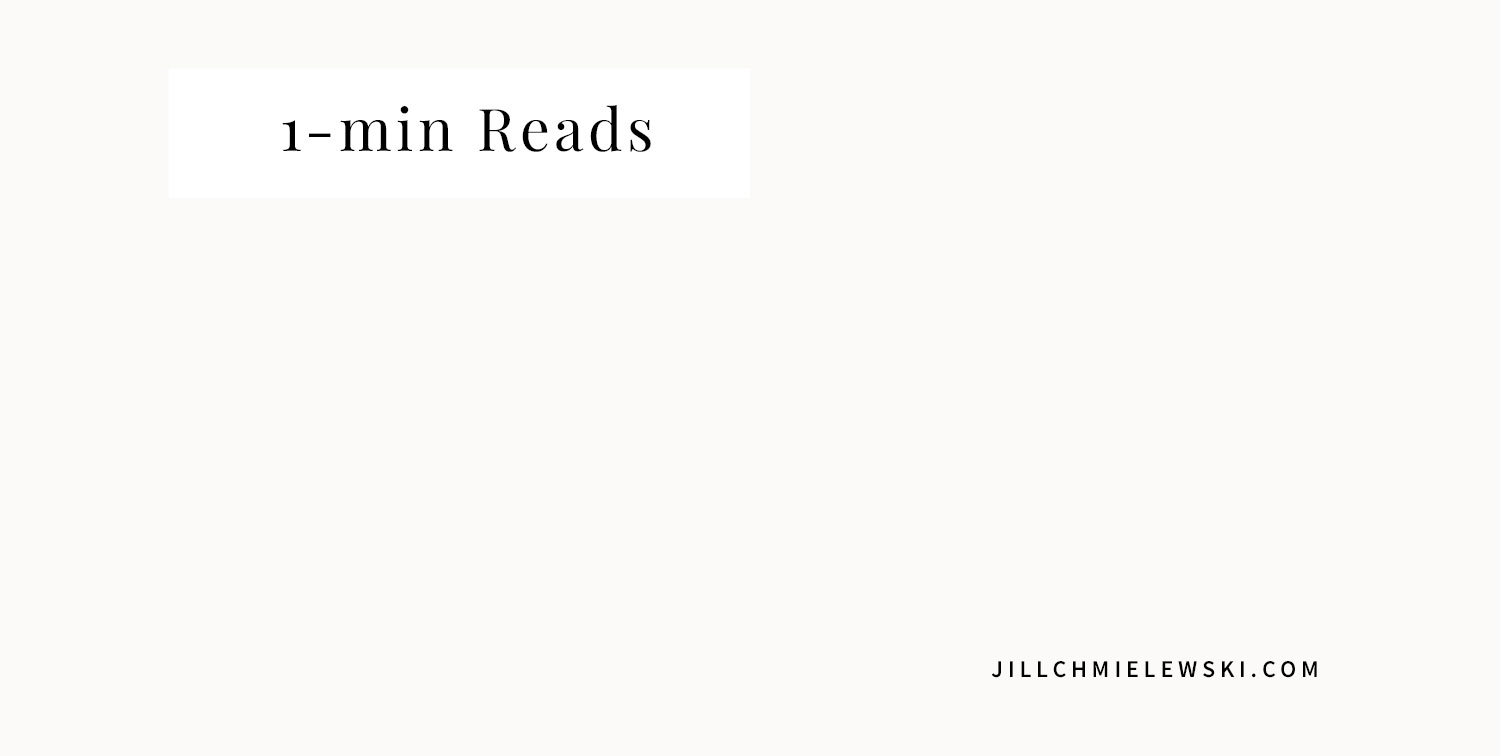One of the questions I ask my clients on their health history form is this, “Are you missing any body parts?” It’s a catch-all way of asking if they’ve had any organs or glands removed from their body via surgery.
During our initial session, we always talk in-depth about their health history. Clients always seem a little bit flippant when I bring up that particular question.
“I had a hysterectomy when I was 42, but I’m done having kids and my doctor said I don’t really need my ovaries or uterus anyway,” or “I had my gallbladder removed, but my doctor said it’s not that important anyway.”
Uh, yeah, it is a big deal. Let’s think about this for a minute. Why on earth would we have an organ or gland in the first place if it wasn’t critical for our body’s function?
The gallbladder seems to be one of those organs that falls pretty low on the organ hierarchy chain. And I’m not sure why that is. The gallbladder plays a critically important function in the body.
Your liver produces a substance called “bile,” a bitter, brownish-yellow or greenish-yellow secretion. It’s then sent to your gallbladder where it is stored until it is needed (i.e., when you eat a meal). When you eat a meal properly, and by that, I mean when you eat your food slowly and chew your food thoroughly, the food travels down your esophagus to your stomach. Here, your stomach acids break the food down more fully into something called chyme. The chyme is an acidic fluid made up of gastric juices and partially digested food (it’s sort of like the consistency of stage 3 baby food, or so it should be) that makes its way down to its next stop which is the small intestine.
I’m going to stop here for just a moment to mention one crucial point. If you are popping antacids at every meal or taking a PPI (proton-pump inhibitor), you will not have acidic chyme. This is a problem which you’ll learn about in just a moment.
Once the acidic chyme hits the first section of the small intestine (called the duodenum), it triggers the pancreas to release digestive enzymes, and it cues the gallbladder to release bile. The chyme must be acidic for this to occur. Both digestive enzymes and bile are required to break down your food further so that nutrients can be extracted and absorbed into your bloodstream.
Notice I said that we require these substances for proper digestion? That’s right my friend. Bile and digestive enzymes are not back seat players when it comes to digestion. They serve a critical function in the body, and without them, proper digestion cannot take place. Even if you eat an amazingly clean and nutritious diet, without these substances, you probably aren’t getting all of the nutrients that your body needs to function its very best.
Bile plays a critically important function in emulsifying fats and the nutrients within those fats (i.e., fat-soluble vitamins such as Vitamins A, D, E, and K, and those oh-so-important Omega fatty acids). It enhances the action of the digestive enzymes so that we can properly break down our food. Bile also brings toxins and recycled cholesterol from the liver to the digestive tract where they will eventually make their way out of the body via your poop.
If you no longer have a gallbladder, then the liver simply oozes bile into the small intestine with no rhyme or reason, rather than in response to a meal that was just eaten. Women without a gallbladder often complain of digestive symptoms and diarrhea, especially after eating a meal that contains fat. Or they may see little globules of fat in their poop, a sign that fat is not being adequately digested.
Most women who have had their gallbladder removed have done so because they had gall stones, the result of congestion in the bile system (the liver, bile, and gallbladder). What do I mean by the term “bile congestion?” Simply put, the bile doesn’t flow properly ~ it’s more like sludge. 🙁
A poor diet is a significant contributor to bile congestion, so if you’ve got a gallbladder, you’ll want to support its function by eating a high-quality diet, hydrating well, and pooping daily. If you develop gall stones or sludgy bile, then you might consider something like d-limonene, which can help to “clean out” the bile system. If you’ve had your gallbladder removed, then it’s essential to consider taking bile salts with meals or when taking fat-soluble vitamins (including those Omega-3 fatty acids), so that your body can properly digest and absorb nutrients.
To learn more about this topic, you can click here or here.





